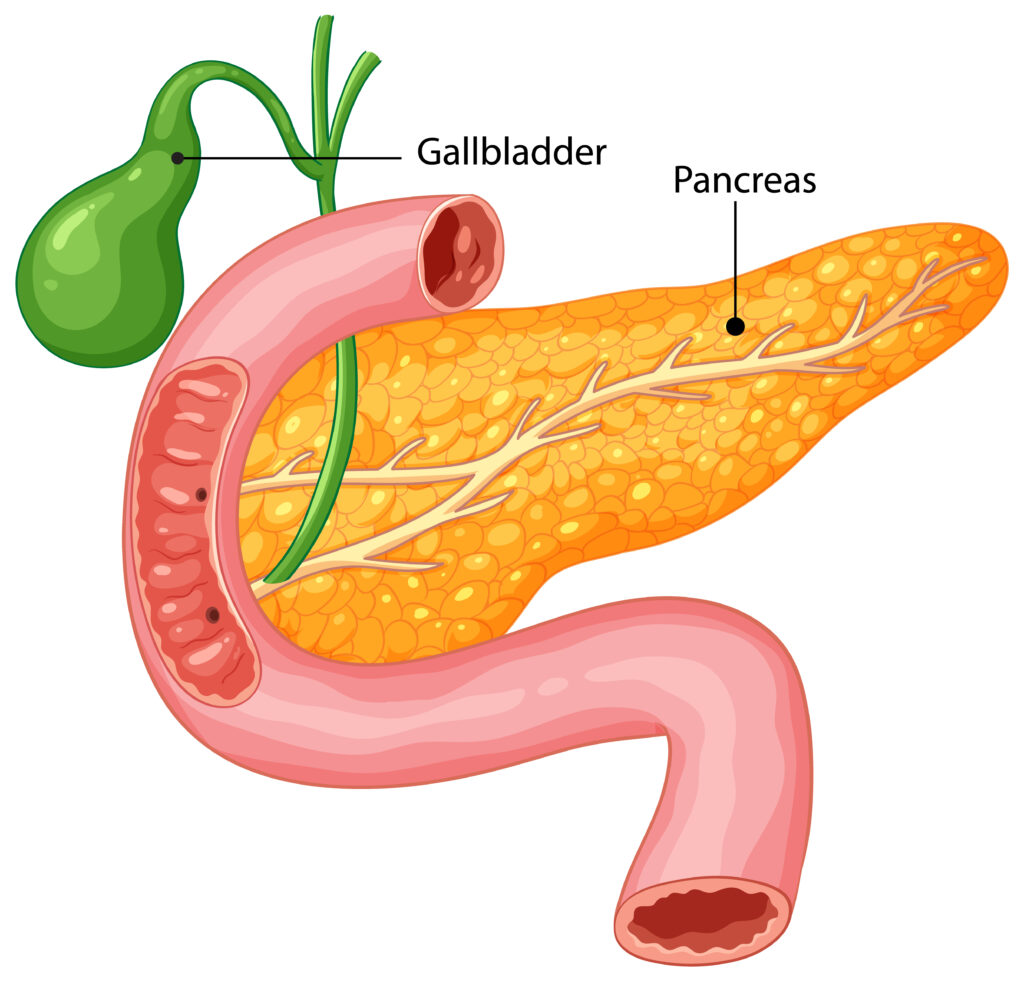Introduction:
Asthma is a chronic respiratory condition that affects millions of people worldwide. With proper asthma care and lifestyle management, individuals can live healthy and active lives. This comprehensive guide explores the best treatments, breathing exercises and self-care strategies to help you manage asthma effectively. Whether you are looking for asthma self-care tips, a structured asthma care plan nursing guide or information about family allergy and asthma care, this article covers everything you need to know.
Understanding Asthma Care – Causes and Symptoms
Asthma occurs when the airways become inflamed and narrowed, making it difficult to breathe. Common triggers include allergens, smoke, pollution, cold air and respiratory infections.
Key symptoms of asthma include
- Wheezing or whistling sound during breathing
- Shortness of breath
- Chest tightness
- Persistent coughing, especially at night or early morning
Recognizing early signs of an asthma attack is essential for timely asthma management and treatment.
The Importance of Asthma Care
Effective asthma care focuses on preventing attacks, reducing inflammation and maintaining healthy lung function. This involves a combination of medical treatments, lifestyle changes and regular check-ups with healthcare providers.
Key components of a successful asthma care plan include:
- Monitoring symptoms and lung function
- Taking prescribed asthma medications
- Avoiding known allergens and irritants
- Following an emergency action plan for sudden flare-ups
Families should also consider family allergy and asthma care services which provide tailored solutions for households with multiple members affected by asthma or allergies.
Asthma Medications – Treatment Options
Asthma treatment typically includes asthma medications to control symptoms and prevent attacks. The two main categories of medication are:
- Quick-Relief (Rescue) Medications
These are used during asthma attacks to quickly open airways and restore normal breathing.
- Short-acting beta-agonists (SABAs) such as albuterol
- Anticholinergics (ipratropium) for severe episodes
- Long-Term Control Medications
These reduce airway inflammation and prevent flare-ups.
- Inhaled corticosteroids to reduce swelling
- Long-acting beta-agonists (LABAs) combined with steroids
- Leukotriene modifiers (montelukast) for allergy-related asthma
- Biologic therapies for severe, uncontrolled asthma
Your doctor will recommend an asthma care plan nursing approach that suits your condition, adjusting medications as needed.
Allergy and Asthma Care
Allergies often worsen asthma symptoms, making allergy and asthma care critical. Common allergens include dust mites, pollen, mold, pet dander and food triggers.
Tips for allergy-related asthma care include
- Using air purifiers to reduce indoor allergens
- Washing bedding in hot water weekly
- Keeping windows closed during high pollen seasons
- Consulting an allergist for testing and immunotherapy options
Families can benefit from family allergy and asthma care programs, which offer personalized treatments and education to manage both conditions effectively.
Asthma Self-Care Strategies
Proper asthma self-care plays a vital role in controlling the condition. Here are essential self-care steps:
- Track Your Symptoms – Keep a daily diary of breathing patterns, triggers and medication use.
- Stay Active – Engage in gentle exercises such as walking, swimming or cycling to strengthen lungs.
- Eat a Balanced Diet – Nutrient-rich foods with antioxidants support immune health and reduce inflammation.
- Stay Hydrated – Drinking enough water keeps airways moist and eases breathing.
- Quit Smoking – Avoid tobacco and secondly smoke to prevent irritation of the airways.
Asthma Care Plan for Nursing and Home Management
An asthma care plan nursing approach ensures a structured treatment strategy, whether in a hospital, clinic or home setting.
A typical plan includes
- Assessment – Identify triggers, severity and frequency of attacks.
- Planning – Outline medication schedules, peak flow monitoring and lifestyle changes.
- Implementation – Administer medications and educate patients on inhaler techniques.
- Evaluation – Monitor improvements and adjust the plan as necessary.
Families can adapt these nursing care principles for home-based asthma management to prevent emergencies.
Breathing Exercises for Asthma Management
Breathing exercises improve lung capacity, reduce stress and help prevent asthma attacks. Here are the most effective techniques:
- Pursed-Lip Breathing
- Inhale through the nose for two counts.
- Exhale slowly through pursed lips for four counts.
- Helps release trapped air and improve airflow.
- Diaphragmatic (Belly) Breathing
- Lie on your back and place a hand on your abdomen.
- Breathe deeply so that your stomach rises and falls.
- Enhances oxygen intake and strengthens respiratory muscles.
- Buteyko Breathing
- Focuses on slow, gentle breathing through the nose.
- Reduces hyperventilation and improves breathing efficiency.
- Yoga-Based Pranayama
- Techniques like Anulom Vilom (alternate nostril breathing) can calm the nervous system and reduce stress-related triggers.
Practicing these exercises daily can complement asthma medications and improve overall lung health.

Lifestyle Tips to Prevent Asthma Attacks
In addition to medical treatment, these lifestyle changes can significantly reduce asthma flare-ups
- Maintain a Healthy Weight – Obesity can worsen asthma symptoms.
- Control Indoor Humidity – Use a dehumidifier to prevent mold growth.
- Get Vaccinated – Flu and pneumonia vaccines help prevent respiratory infections.
- Reduce Stress – Meditation, yoga or mindfulness can lower stress-induced attacks.
Frequently Asked Questions
- What is the best treatment for asthma?
The best treatment varies by individual but typically includes inhaled corticosteroids, long-term control medications and quick-relief inhalers for sudden attacks. - Can asthma be cured?
Asthma cannot be cured but with proper asthma management, symptoms can be effectively controlled. - How often should I use my inhaler?
Follow your doctor’s instructions. Overuse of quick-relief inhalers may signal poorly controlled asthma. - What is an asthma action plan?
It is a personalized guide for daily management, medication schedules and emergency steps during flare-ups. - Can exercise trigger asthma?
Yes, but regular exercise strengthens lungs. Warm up before workouts and use preventive medication if prescribed. - Are natural remedies effective for asthma care?
While breathing exercises and diet changes help, they should complement not replace medical treatments. - How can I prevent nighttime asthma attacks?
Use prescribed medications, control bedroom allergens and maintain proper humidity levels. - Does diet affect asthma symptoms?
Yes , Anti-inflammatory foods like fruits, vegetables and omega-3-rich fish can support lung health. - Should children follow a different asthma care plan?
Children need a tailored plan with close monitoring of symptoms and appropriate medications. - Can stress worsen asthma?
Yes, stress and anxiety can trigger or aggravate asthma attacks. Relaxation techniques are highly beneficial.
Conclusion:
Asthma may be a lifelong condition, but with the right asthma care strategy, it can be managed successfully. Combining asthma self-care, medical treatments and regular breathing exercises ensures better control over symptoms and prevents severe attacks. Whether you seek allergy and asthma care solutions, need a structured asthma care plan nursing approach or want guidance from a family allergy and asthma care specialist, early and consistent management is key.
Take proactive steps today and monitor your triggers, follow your treatment plan and practice daily breathing exercises. With proper asthma management you can enjoy a healthier and more active life.



